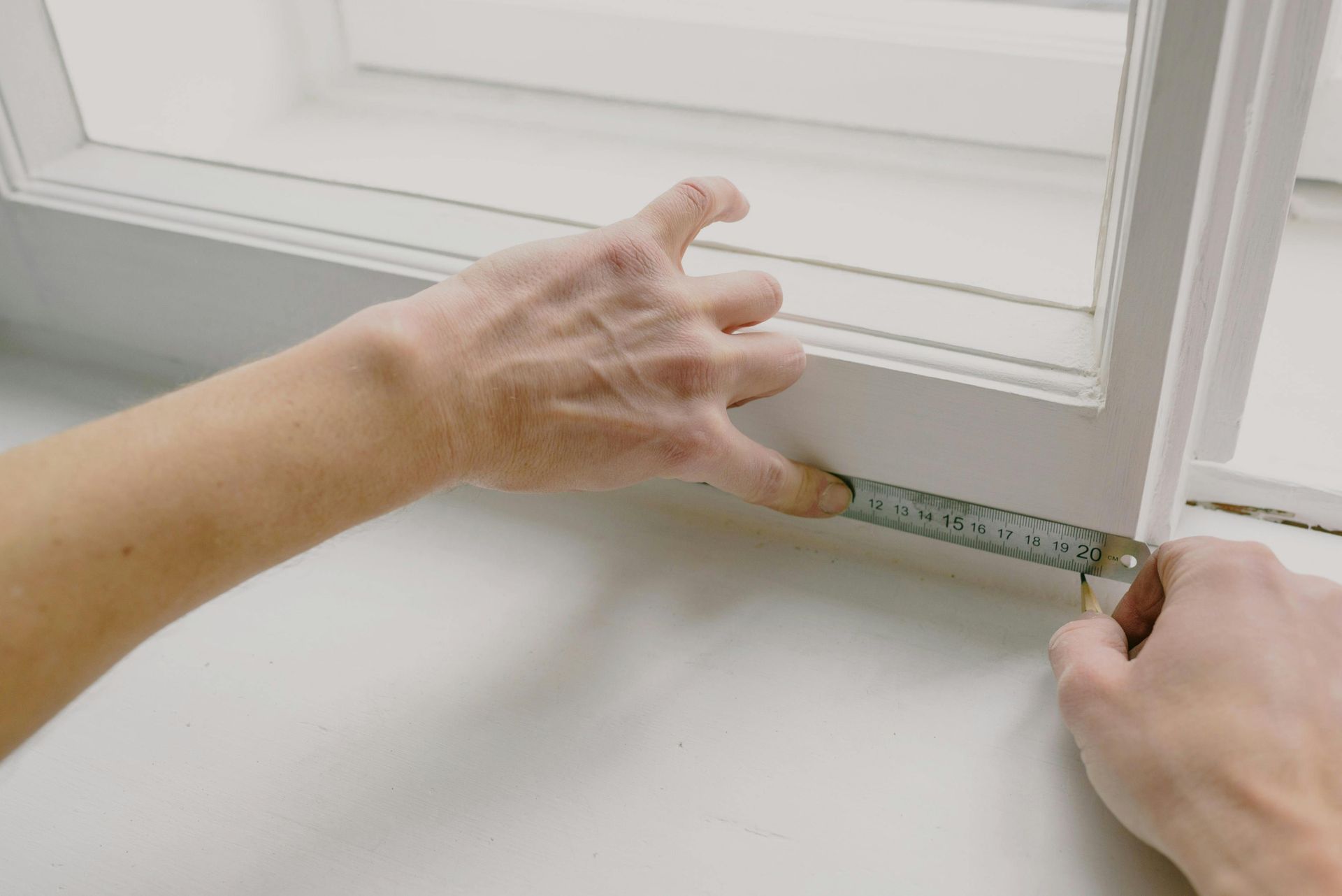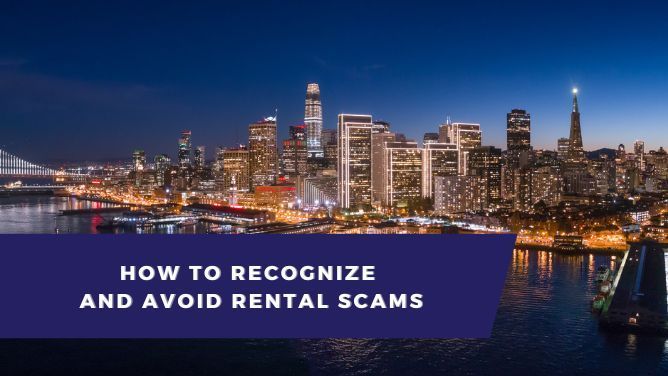California Security Deposit Laws
Key Takeaways
- California sets clear limits on how much landlords can charge for security deposits, which is usually equal to a month's rent.
- Landlords must understand the difference between normal wear and tear versus damage to avoid disputes over any deductions to the security deposits.
- Returning security deposits within the legal 21-day timeframe is essential for compliance.

As a landlord in California, it’s important to understand your rights and responsibilities regarding security deposits. At BanCal Properties, we work with property owners to help them stay compliant with state and local regulations.
Security deposits protect landlords from negligent tenant actions, such as unpaid rent, significant property damage, or severe uncleanliness. However, state law places important restrictions on how these deposits can be collected, managed, and returned, including limiting the security deposits to a month's rent.
Maximum Security Deposit Limit
California landlords and property owners must comply with strict rules on deposit amounts. State landlord-tenant law limits the standard deposit to the equivalent of one month’s rent. This goes for both furnished units and unfurnished units.
There are exceptions to the law limiting security deposits, though. You may charge up to two times the monthly rent if all the following conditions are met under the law limiting security deposits:
- You own only one other residential property with four or fewer rental units. This goes for all types of residential rental properties.
- You are the sole owner of the rental properties, or you own them with others through a Limited Liability Company (LLC).
- You are not a member of the armed forces.
Another exception applies if you are renting an unfurnished unit to a tenant with a waterbed. In this case, you may charge up to 1.5 times one month's rent, plus a reasonable administrative fee.
Additional Pet Deposit
Landlords may charge a pet deposit as long as the total amount does not exceed the state’s security deposit limit. However, tenants with
service animals or emotional support animals cannot be charged extra.

Under California fair housing laws, disability is a protected class, and landlords must make reasonable accommodations, such as:
- Providing accessible parking spaces.
- Adjusting rent due dates to align with disability-related income schedules.
- Allowing a live-in caregiver or family member.
This does not change even if you own the properties through a Limited Liability Company (LLC).
Security Deposit Holdings
Unlike some states, California does not require landlords to hold security deposits in special accounts.
However, certain cities, such as Santa Cruz and Berkeley, mandate that deposits be stored in interest-bearing accounts, with any security deposit interest paid to tenants. Landlords should always check local laws for additional requirements or whether they need to pay interest annually.
Sale of Rental Property
When a rental property is sold, the landlord must do one of two things:
- Transfer the tenant’s entire security deposit, minus allowable deductions to security deposits given in an itemized statement, to the new landlord. The new landlord then assumes responsibility.
- Refund the security deposit directly to the tenant, minus allowable deductions. This works best as either a direct payment by use of cash or bank transfer.

In both cases, the outgoing landlord must provide the incoming landlord with a written itemized statement detailing:
- The security deposit amount after deductions.
- An itemized statement, which is a list of deductions for small claims court.
- Whether the remaining security deposit was transferred or refunded or even counted as a month's rent.
Security Deposit Deductions
Landlords may deduct from a tenant’s security deposit for the following reasons:
- Unpaid rent.
- Repairs for negligent or careless property damage.
- Professional cleaning costs.
- Restoration costs outlined in the lease.
There is no legal limit on deduction amounts, but they must always be reasonable.
Normal Wear and Tear vs. Damage
Normal wear and tear refers to the natural aging of a rental unit and is the landlord’s responsibility to address. Examples include: lightly scratched glass, stained bath fixtures, slightly dirtied grout, or gently worn carpets.

Damage caused by tenant negligence, however, can be deducted from the deposit. Examples include missing fixtures, large holes in walls, broken locks, or damaged flooring.
Security Deposit Returns
California law requires landlords to return security deposits within 21 days after a tenant vacates. If deductions are made from the month's rent, the landlord must provide an itemized list to the tenant.
The Bottom Line
Understanding California’s security deposit laws is key to being a successful and compliant landlord. Now that you know the basics, it’s equally important to stay updated on other landlord-tenant laws, such as eviction procedures.
For professional support in managing your San Francisco rental property, BanCal Properties is here to help. We provide expert guidance to protect your investment and simplify property management. Contact us today to learn more!
Disclaimer: This article is intended for informational purposes only and does not constitute legal advice. For advice specific to your situation, please consult a qualified attorney or legal professional.








